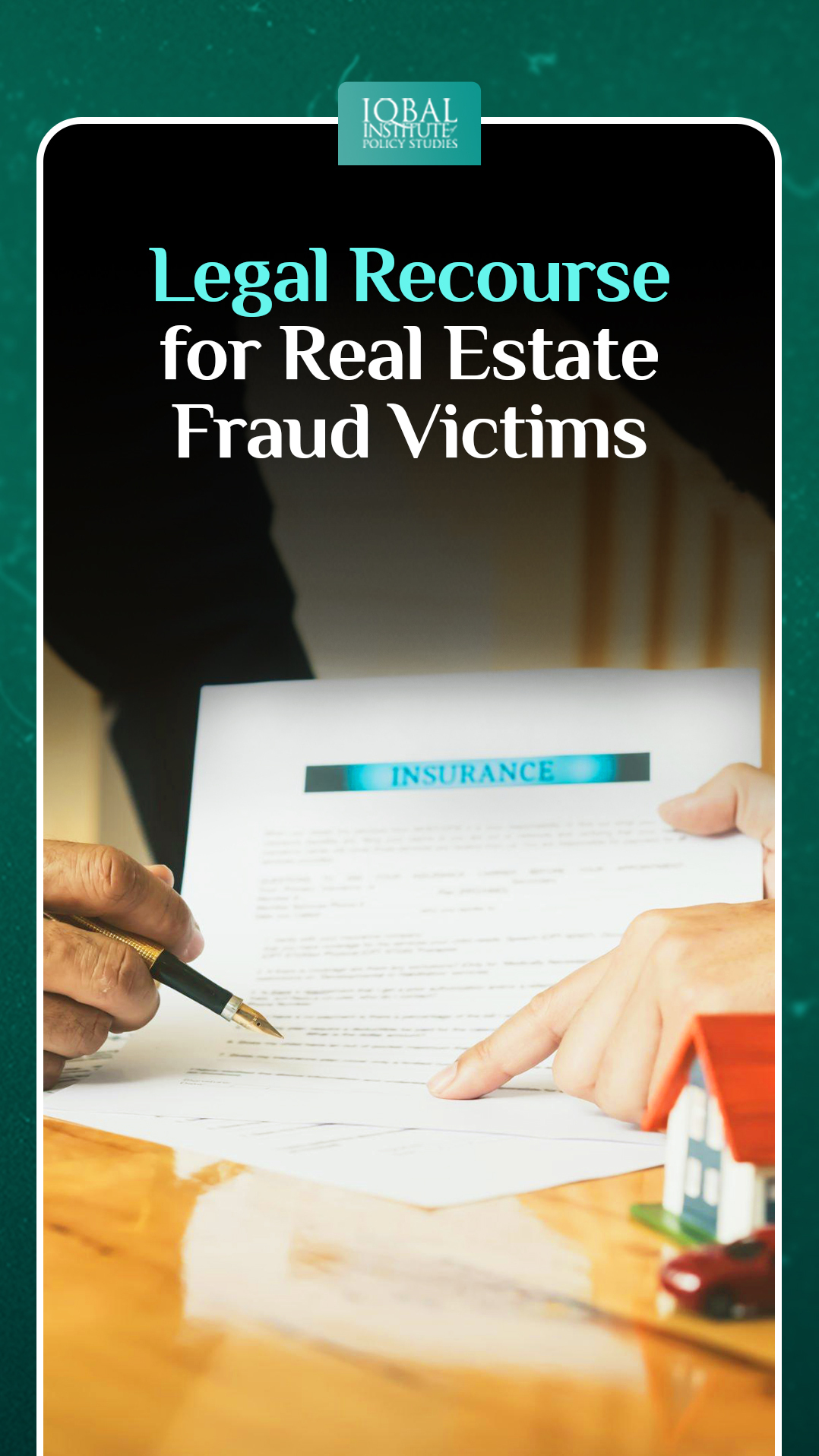Real estate transactions, while often lucrative and exciting, come with inherent risks, and unfortunately, some individuals fall victim to the deceptive practices of real estate fraud. Beyond the immediate financial losses, the emotional toll and potential long-term consequences necessitate a comprehensive understanding of the legal recourse available to victims. In this exhaustive exploration, we will delve deeply into both preventive measures and the myriad post-fraud legal actions victims can pursue to reclaim their rights.
Prevention
Due Diligence
Real estate transactions demand a meticulous approach to due diligence. It involves investigating and verifying every aspect of a property and the individuals involved in the transaction. A comprehensive title search is a critical first step, delving into historical records to uncover any potential issues such as encumbrances, liens, or legal disputes. Beyond the surface, verify property ownership and cross-reference information with public records to ensure authenticity.
Professional Assistance
Engaging certified professionals is paramount. Real estate agents, attorneys, and title professionals with sterling reputations can provide invaluable guidance. Seek recommendations from trusted sources and perform thorough background checks on all professionals involved in the transaction. A diligent approach at this stage can significantly reduce the risk of falling victim to fraudulent schemes.
Escrow Services
The use of escrow services is a safeguard mechanism. These neutral third-party entities hold funds during the transaction, ensuring they are only released upon the fulfillment of agreed-upon conditions. This provides a layer of security, preventing fraudsters from absconding with funds before delivering on their promises.
Post-Fraud Legal Recourse
Civil Lawsuits
In the unfortunate event of falling victim to real estate fraud, pursuing civil lawsuits is a potential avenue for recourse. Engaging a seasoned real estate attorney is crucial to navigate the complexities of the legal system. Attorneys can explore potential causes of action, including misrepresentation, breach of contract, or fraudulent concealment. Victims may be eligible for compensatory and, in certain cases, punitive damages through civil litigation.
Consumer Protection Laws
Many jurisdictions have consumer protection laws specifically designed to safeguard individuals from fraudulent practices. Victims should familiarize themselves with these laws, which may offer additional remedies beyond traditional civil suits. Understanding rights such as the ability to rescind contracts or recover damages can be pivotal in seeking justice.
Real Estate Fraud Statutes
Various jurisdictions have enacted specific statutes addressing real estate fraud. These laws cover a broad spectrum of fraudulent activities, including document forgery, deceptive practices, and false advertising. Victims should thoroughly research and understand the relevant statutes in their jurisdiction, as they can serve as powerful tools in legal battles against fraudsters.
Regulatory Agencies
Reporting the fraud to relevant regulatory bodies is a crucial step in holding perpetrators accountable. State real estate commissions and the Federal Trade Commission (FTC) are examples of agencies that may intervene in cases of real estate fraud. Victims should be proactive in providing detailed information, allowing these agencies to investigate and take enforcement actions against fraudulent parties.
Criminal Complaints
In cases of severe fraud, victims may consider filing criminal complaints against perpetrators. While criminal prosecutions are typically initiated by law enforcement agencies, victims can actively participate by providing evidence and cooperating with investigators. Criminal charges not only seek justice but also serve as a deterrent to potential fraudsters.
Title Insurance Claims
Victims who have secured title insurance may have a path to recovery. Filing a detailed claim with the title insurance provider can help recover losses resulting from fraudulent activities affecting the property title. Understanding the terms and conditions of the title insurance policy is essential to maximize potential recovery.
Conclusion
Real estate fraud is a pervasive issue that demands vigilance, both in prevention and seeking justice after the fact. Navigating the aftermath requires a multifaceted approach, from preventive measures like due diligence and professional engagement to post-fraud legal actions. Initiating civil lawsuits, leveraging consumer protection laws, understanding real estate fraud statutes, reporting to regulatory agencies, filing criminal complaints, and tapping into title insurance coverage collectively form a powerful arsenal for victims seeking justice.
By meticulously navigating these legal pathways, victims can not only reclaim their financial stability but also contribute to the accountability of those who engage in real estate fraud. The combination of preventive measures and informed post-fraud actions is crucial for individuals to protect their interests and the integrity of the real estate market as a whole. As awareness grows and legal actions are taken, the fight against real estate fraud takes a significant step forward, creating a safer environment for future transactions.
This article is written by Radma Nouman. Radma is a research analyst at the Iqbal Institute of Policy Studies (IIPS).



Leave a Reply